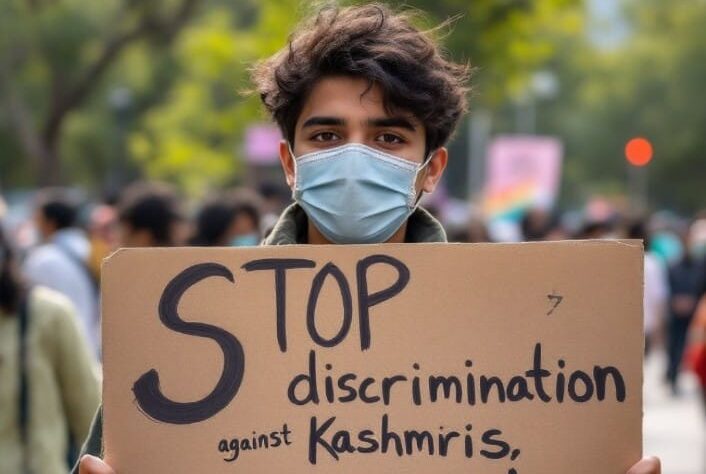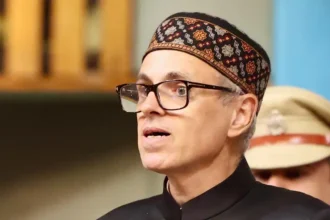In Jammu and Kashmir today, a serious issue is tearing apart the hopes and dreams of an entire generation. The system of reservation, meant to help the underprivileged, has been turned into a tool of injustice against the majority of the population, particularly the general category, most of whom are Kashmiri. This is not just a policy failure; it is a crime against merit and fairness, leaving many deserving young people from Kashmir angry, frustrated, and hopeless.
The Problem with Reservation in J&K
The population of Jammu and Kashmir, according to the 2011 Census, is 69% open-merit (general category) and only 31% reserved categories. But the seats in education and jobs tell a very different story. Reserved categories are given 70%-80% of opportunities, leaving just 10%-20% for the majority of the population to fight over.
For example, in exams like NEET, it has been seen that a student in the reserved category can secure a seat with marks as low as 365 out of 720, while a hard-working student from the general category who scores 646 marks is denied admission. How is it fair that someone who works so hard is left with nothing, while someone with far fewer marks gets the chance to study in top colleges? This system is not helping the needy; instead, it is punishing the deserving.
A Crisis for Kashmiris
Most Kashmiris—nearly 90%—are from middle-class families. They don’t have huge amounts of money to pay for private colleges or expensive coaching. For them, education is their only hope for a better future. Yet, because they are labelled as “general category,” they are seen as privileged even though their reality is very different. Most own only their family homes and are far from rich.
Today, students from the general category are competing for a small number of seats, while others benefit from guaranteed reservations. In effect, 70% of the population gets access to only 10%–20% of the opportunities. This has pushed many young Kashmiris into depression. There are countless stories of students who feel defeated despite their hard work. This is a grave injustice that is robbing Kashmir of its brightest minds.
False Claims of Discrimination by Elites in Reserved Groups
To make matters worse, some leaders from reserved categories, like certain elite Gujjar or Pahadi communities, are spreading false claims about being discriminated against in Kashmir. However, reality tells a different story. If there was widespread discrimination against them, why would many Gujjars and other such groups own houses, run businesses, and live comfortably in places like Srinagar? No one settles permanently in a place where they are treated unfairly.
The real problem lies within the reserved groups themselves. A small elite class among these groups repeatedly takes all the benefits of reservations, while the truly poor, like the Bakarwals, who live in tents and mud houses, remain left behind. This cycle ensures that even after decades, the most underprivileged communities will never see real progress. The current reservation system fails to uplift those who truly need help. Instead, it rewards families who are already relatively well off.
A Need for Change
The current reservation policies in Jammu and Kashmir are outdated and unfair. They need to be redesigned to ensure justice for everyone. Here’s what needs to happen:
Most seats, at least 90%, should be given to open-merit so that hard-working students and job aspirants can compete fairly. A smaller percentage, around 10%, can be reserved for truly disadvantaged groups like Bakarwals.
Stop Favouring the Elite:
Within the reserved categories, only those who are genuinely poor and disadvantaged should get benefits. Wealthy and powerful elites from reserved groups should no longer be allowed to take advantage.
Time for Justice
The reservation system in Jammu and Kashmir is killing the spirit of its people by favouring mediocrity over talent. The system, which was designed to build equality, has instead become a weapon of inequality. Kashmir’s youth—most of whom come from middle-class general category families—are crying out for justice. Their dreams are being crushed, their futures stolen, and this injustice is pushing many into depression and despair.
This is not about politics; it is about fairness. The government must reform this flawed system before it is too late. Kashmir’s future depends on its hard-working, talented youth. They must not be punished for being born in the wrong category. It is time to stand up for merit, to stand up for justice, and to ensure that every Kashmiri gets the fair and equal chance they deserve.





